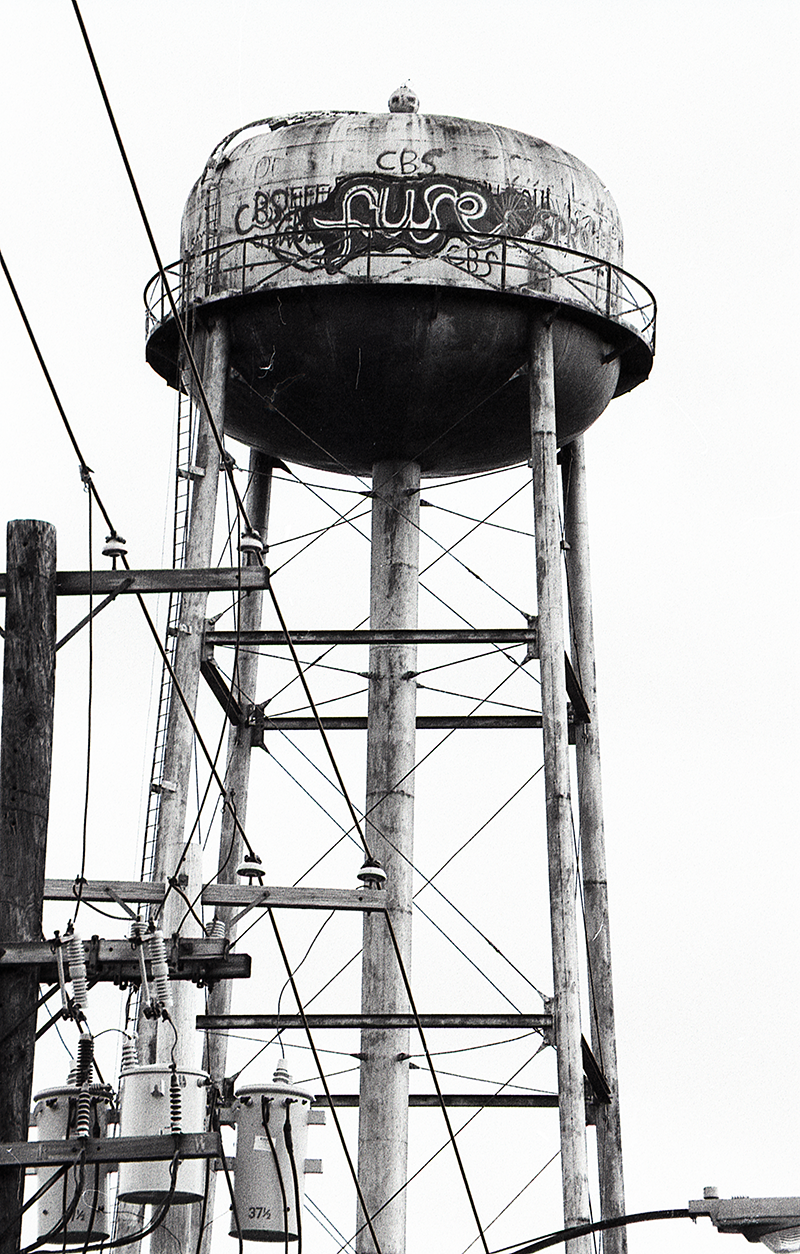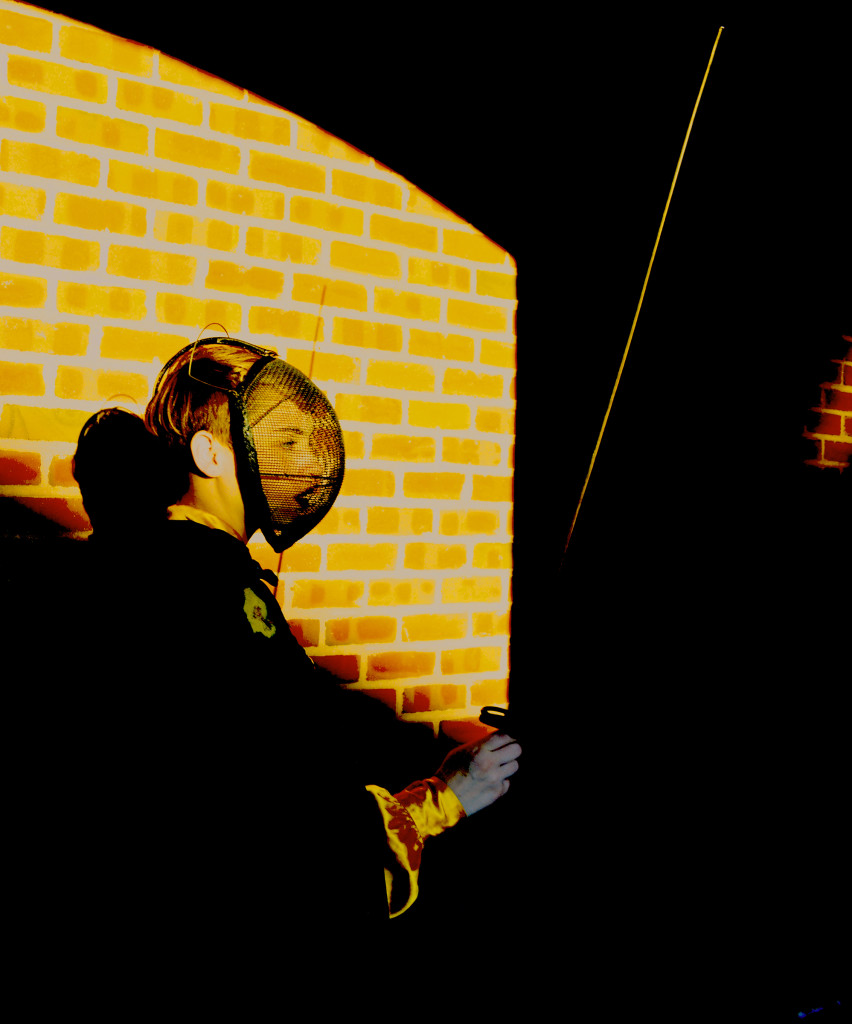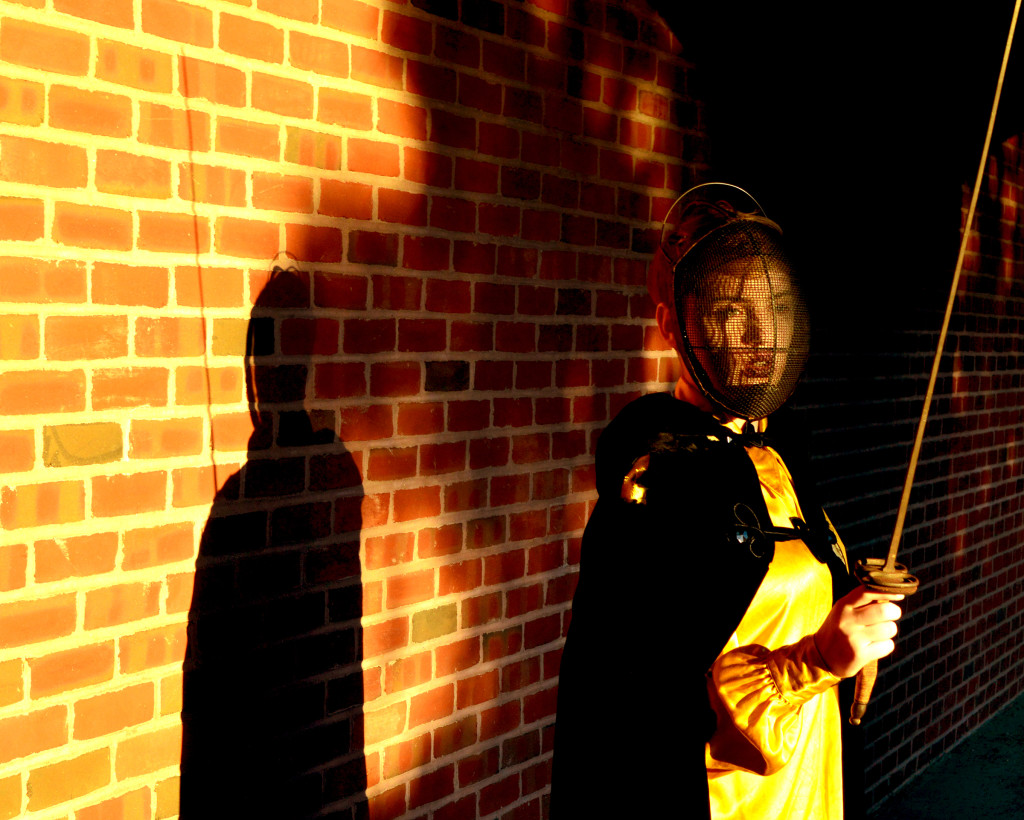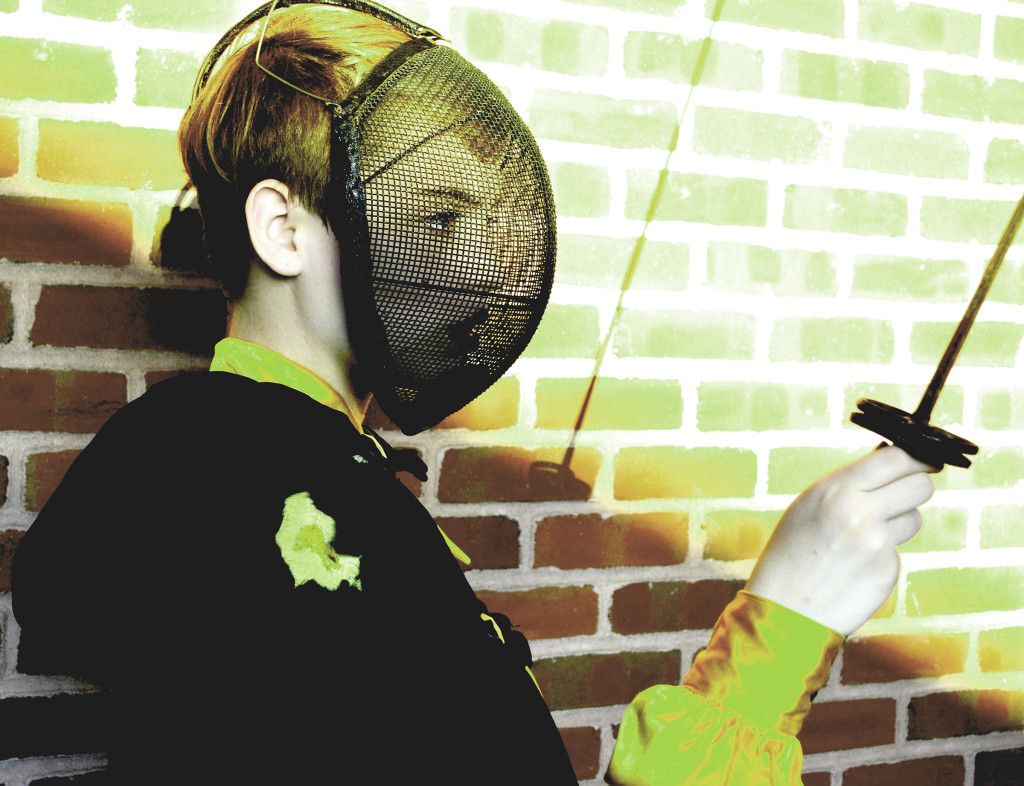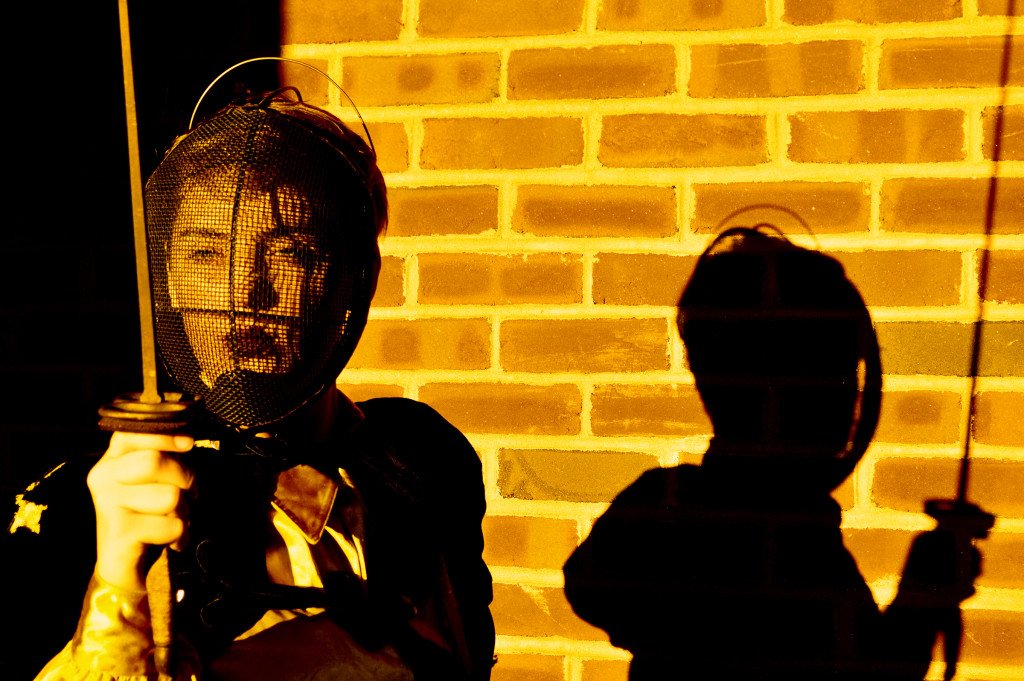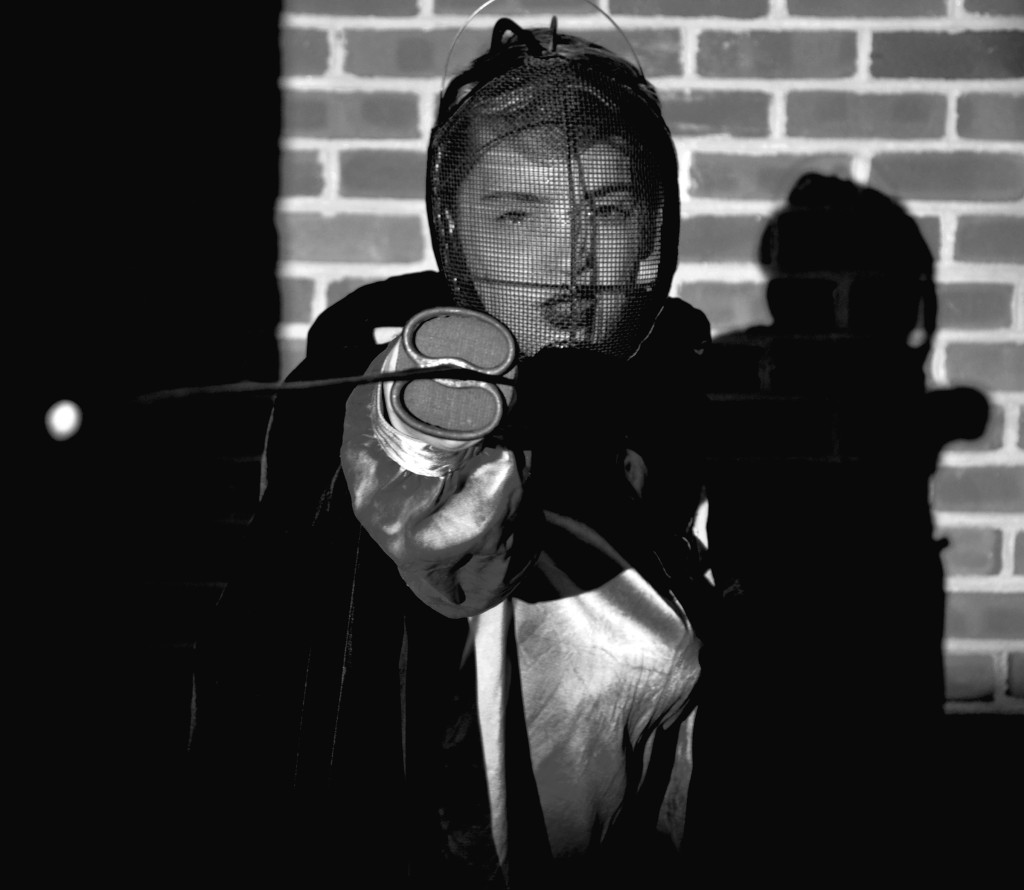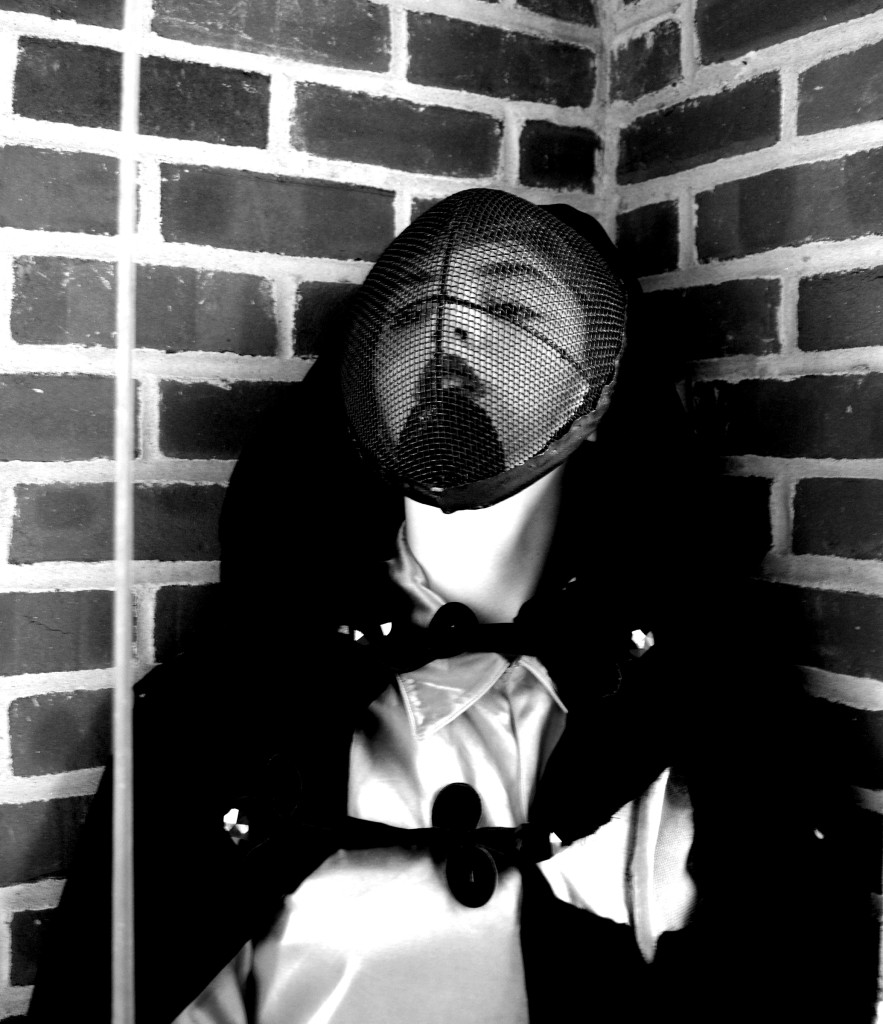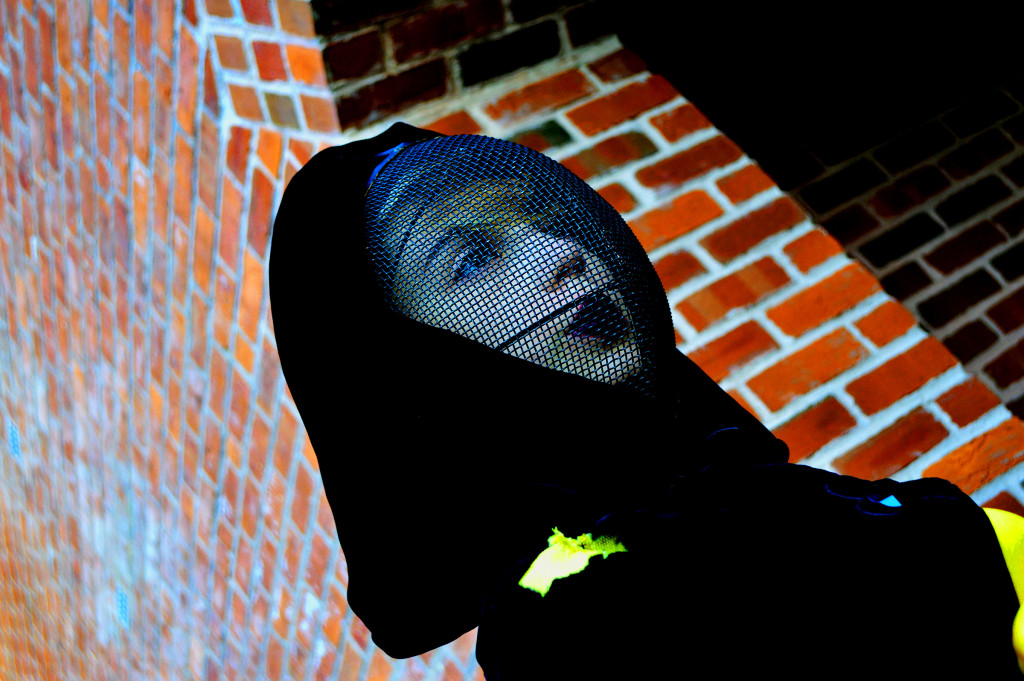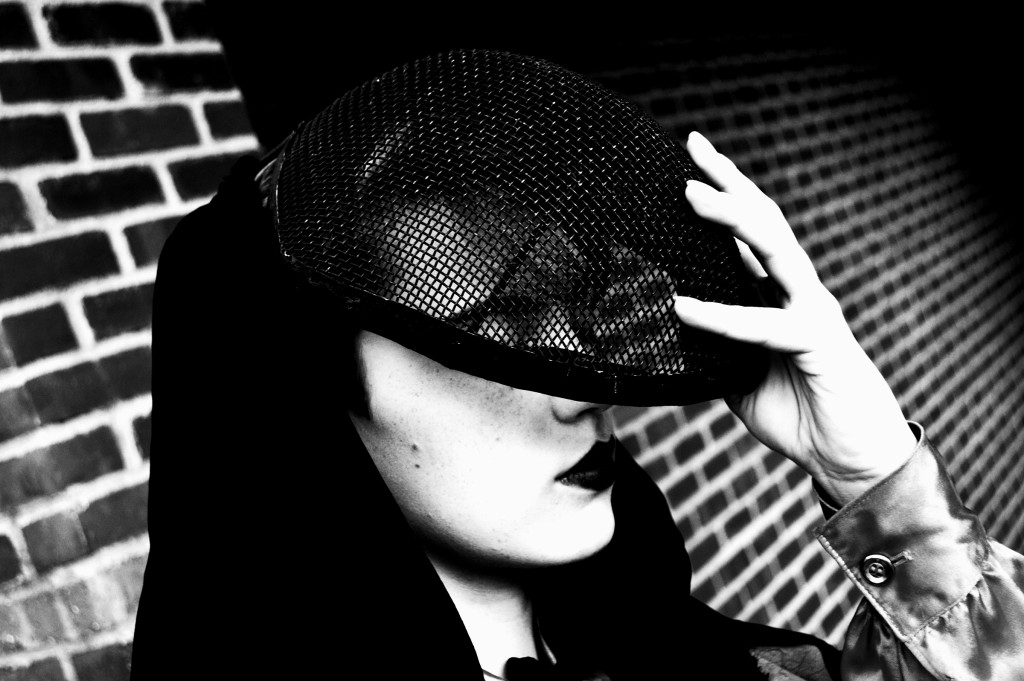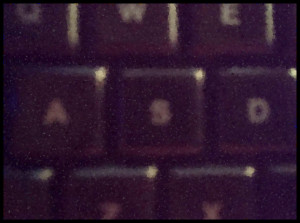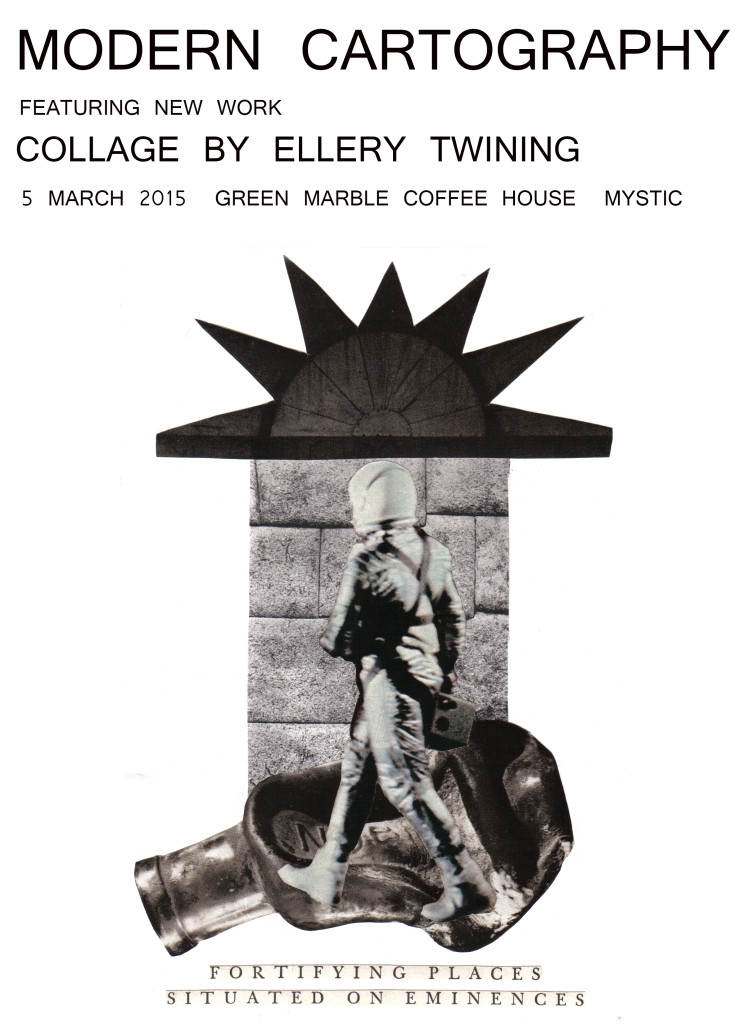I had found myself all alone, on a Sunday night, sitting at the long kitchen table that was
birthed as a tool bench, before being reappropriated at the Depot House. As we all were to a certain degree, I was longing for some quiet time. Depot housed six of us that summer, and the peace of that solitude gave me time to work on my latest poems. The trains whirred by hourly, as Mystic was a small
station that was only afforded three stops a day. It was the main reason the six of us were even able
to rent the house at all; it’s proximity to the tracks while sitting within a sea of pavement made the
market for Depot rather limited. We were clinging to each other , trying to weather the storm of the first Bush recession as we established our lives beyond childhood, and the securities of home. For a group of people in their early twenties, that was a reality none of us wanted to return to.
A near silence was broken with one loud crash of the screen door, against the front of the house. In the
balmy air of late summer, and with no need to lock out strangers, the heavy main door was wide open.
That doorway was now filled with the visage of Kane, his eyes ablaze in a furious fit.
The open space I was so desperately seeking- vacating the violence of my family life, was suddenly
being relegated within the place I least expected to see it. We had all got along famously at Depot, with
a shared belief system, and a shared commitment. And yet, perhaps, this was a simple illustration that
for everyone, the violence we were so frightened of was in each and every home. He turned sharply to
the right and ascended the stairs, the heavy clomp of his leather shoes banging on the old wood floor as
if trying to stomp his anger into the very soul of the building.
Moments later, the episode would become fully apparent. Gary, who had his routine quarrels with
Kane, stumbled up the stairs, and grasped the screen door with both hands. A certain pause
preceded his opening of the door, and I stood up, beginning to absorb the intricacies of the changing
landscape. As he slid around the screen door, quite the opposite entrance from Kane, Gary
approached me, coming out of the dim light of the foyer into the fluorescence of the kitchen. I could see
that he was wounded, a gash on his left cheekbone just under the eye, where bone meets the least
amount of flesh on the face. It looked as if some superhuman being had dug their finger into his soft
tissue and pulled it off of the skull. And it simply remained in that form, as if you could set a golf ball on
it and use it for a tee. Surprisingly, the blood was minimal, but I knew I had to get him to the emergency
room.
“What the fuck happened?” I asked
“We were drinking at John’s, and on the way home we got into a fight. At one point he pushed me, and I lost my balance. I fell face first onto a curb………”
“Get your ass into the truck! Now!”
I began the drive out of town toward the emergency clinic, about ten miles away. Unfortunately, I didn’t
check the time, and more than likely would not have remembered that the clinic closed at midnight.
When we rolled into the parking lot, the entire complex was dark except for the lot lights, not a
single car to be seen. We needed to drive out to the first town over the border, into Rhode Island,
as they had a hospital that had to be open 24 hours a day.
When I told my mom the story during a phone call one night, she replied in her singular, revealing drawl-
“Now you know how I feel……”
originally published in the All Ages Press zine
“Smaller Town”
